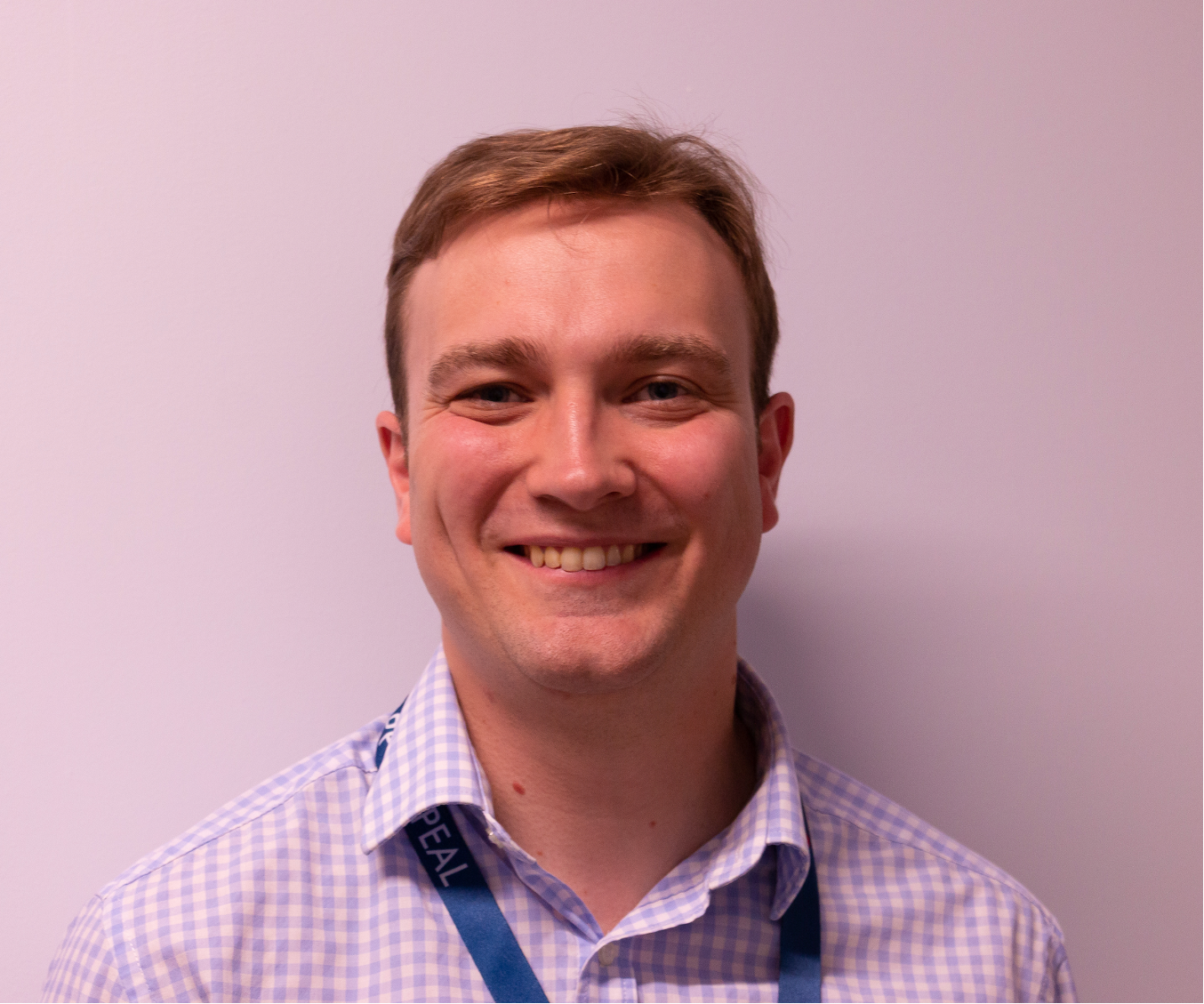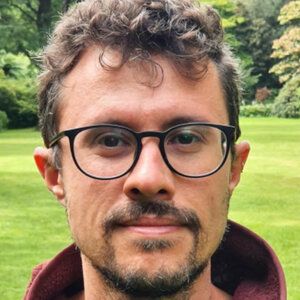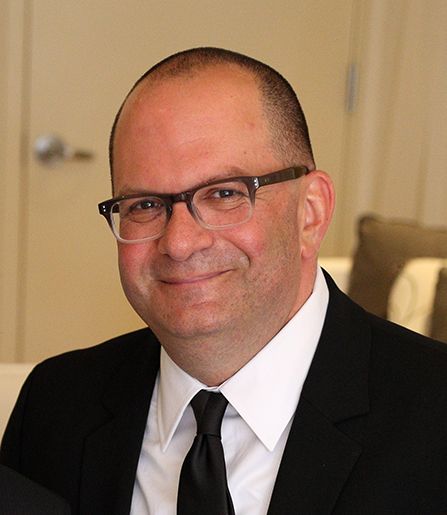What are the Current Challenges Contributing to Physician Burnout in Rheumatologists?
Besides the obvious stressors regarding the uncertainty of COVID-19 and implementation of telemedicine, other issues include the rheumatologist shortage, referred to as the “great resignation."
In this series, Rheumatology Network interviewed Jack Arnold, MBBS, MRCP, a clinical research fellow at Leeds Centre of Rheumatic and Musculoskeletal Medicine, Massimo Radin, MD, PhD, a researcher at the University of Torino (UNITO), and Andrew Concoff, MD, Executive Vice President and Chief Value Medical Officer at United Rheumatology, to discuss their thoughts on burnout within the rheumatology community.
Besides the obvious stressors regarding the uncertainty of COVID-19 and implementaiton of telemedicine, other issues include the rheumatologist shortage, which Concoff describes as the “great resignation,” in which maintaining a healthy, comfortable staff at the independent private practice level is becoming increasingly more difficult. The workforce shortage, which is exacerbated by the large number of rheumatologists planning to retire within the next 5 years, is “severe enough that the expectation is that for every rheumatologist we have, there will be an equal number that we lack,” explained Concoff. Unfortunately, this is simultaneously occurring as the “baby boomer” generation ages, meaning more incidences of senior arthritis, thus creating greater pressure and potentially more burnout for rheumatologists.
Regarding general burnout, Radin believes that there should be programs in place, at the university level and beyond, that allow for clinicians to be more equipped to uncover potential burnout in their patients as well. He emphasizes that questions regarding psychological wellbeing, including stressors, depression, and anxiety, are important for both physicians and patients alike.
What are some of the challenges that rheumatologists are facing regarding burnout?
Jack Arnold, MBBS, MRCP

Jack Arnold, MBBS, MRCP: It was a big problem before the pandemic in the sense that about 40% of UK doctors were describing symptoms of burnout. [After] the COVID pandemic, waiting lists have swelled massively. We're getting people waiting longer and longer to see rheumatologists and turning up to see rheumatologists perhaps more poorly than they would have been if they'd been seen earlier. Clinic lists are very long and aren't going down despite our best best efforts. [Although] that's similar across specialties, particularly in rheumatology, we're seeing people who we would have liked to have intervened with much sooner and that in itself creates more work and also creates more problems.
Massimo Radin, MD, PhD

Massimo Radin, MD, PhD: I don't think that rheumatologists have more stress or chance of burnout than other specialists. But [we are trying] to help patients that have chronic diseases. That means following them through their disease, and through their pain, stress, and burden of disease. Something that we don't usually account for is the toll that it also takes on the physician. Of course, the patient is the one suffering, but we are the first ones that the patient speaks to as a coping mechanism. If it's a 40-minute visit, usually it's 5 to 10 minutes of physical evaluation, 10 minutes looking at the exam that the patient performed, and then 15-20 minutes of talking to the patient about their struggles, distress, and damage.
It’s something that we are required to do, but we are not necessarily trained to do or [something] that we studied for. We’re not prepared to accomplish such a specific caretaker job, but it's a very important part of being a specialist… and it’s a very gratifying part of our job because it makes you feel as though you have a great [role] in a patient’s life and the support system that is built around the patient. Ideally, when you follow a patient for a long time, she or he shouldn’t experience may flares during their life. It’s the little things that count.
Andrew Concoff, MD

Andrew Concoff, MD: This is a different epidemic than the one that we talk about all the time. There are tremendous challenges toward having a fulfilling professional life as a doctor these days. Some of the challenges include the extensive red tape, the inefficient charting that needs to be done, prior authorization step edits, medication choices being driven by formulary and rebates rather than by what's best for an individual patient’s circumstance, and the time that's taken and staffing that's required just for servicing. Prior authorization is a drain on the resources at the clinic level and on the enjoyment of the process of being a doctor.
There are [also] challenges with coping with the pandemic and interfacing with a population that has immune system malfunction that means that they struggle with mounting an effective response to a virus like COVID-19. So, we've had to learn a whole new area of vaccine-related medicine in this population and keep up with the latest.